Australia’s Reversal of its DABUS decision on AI-Generated Inventions: How Does this Impact an Imminent Canadian Discussion on AI Inventorship?
IPilogue
JUNE 2, 2022
Reversing what seemed like a victory for supporters of AI-owned intellectual property, the full bench of the Federal Court of Australia has confirmed the majority view of the world: only human inventors can own patent rights to their creations. Thaler and DABUS embarked on their journey for AI patent ownership.


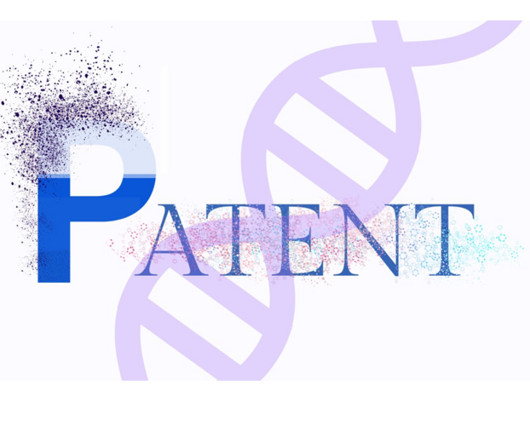


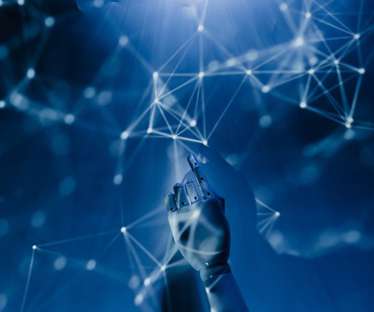
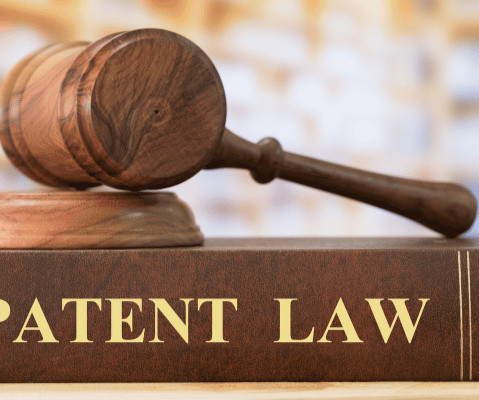

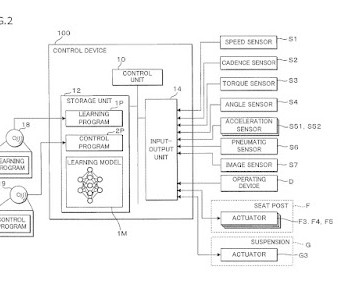

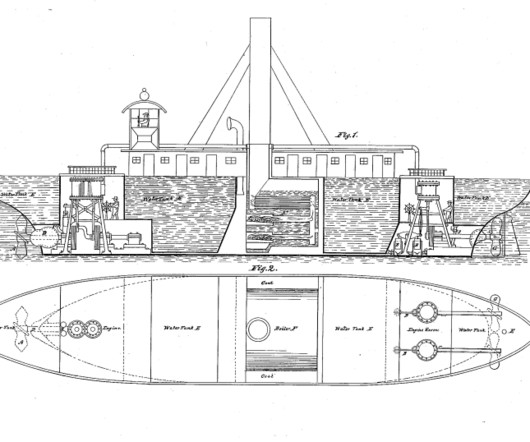
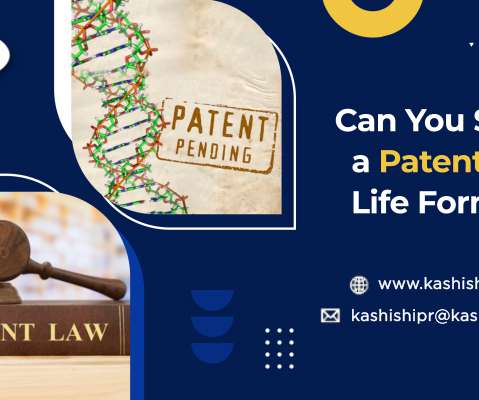

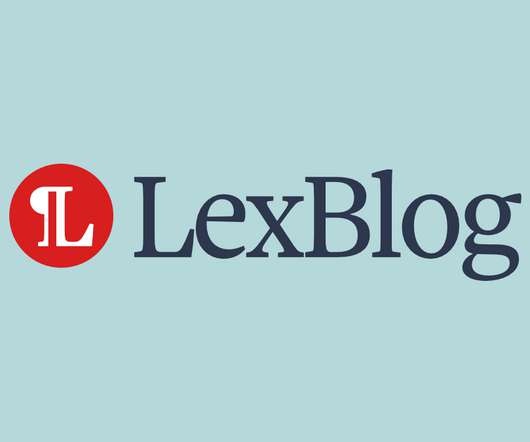








Let's personalize your content